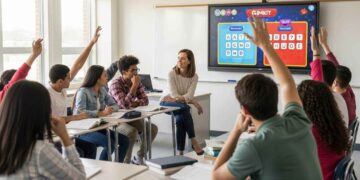At first glance, RuneScape might seem like just another online game. But dig a little deeper, and you’ll discover that it’s a masterclass in engagement, progression, and skill development – the very principles behind powerful educational tools like GimKit. RuneScape has been captivating players for over two decades not just because it’s fun, but because it’s deeply effective at creating meaningful, player-driven learning experiences.
How RuneScape Uses Game Mechanics to Drive Progress
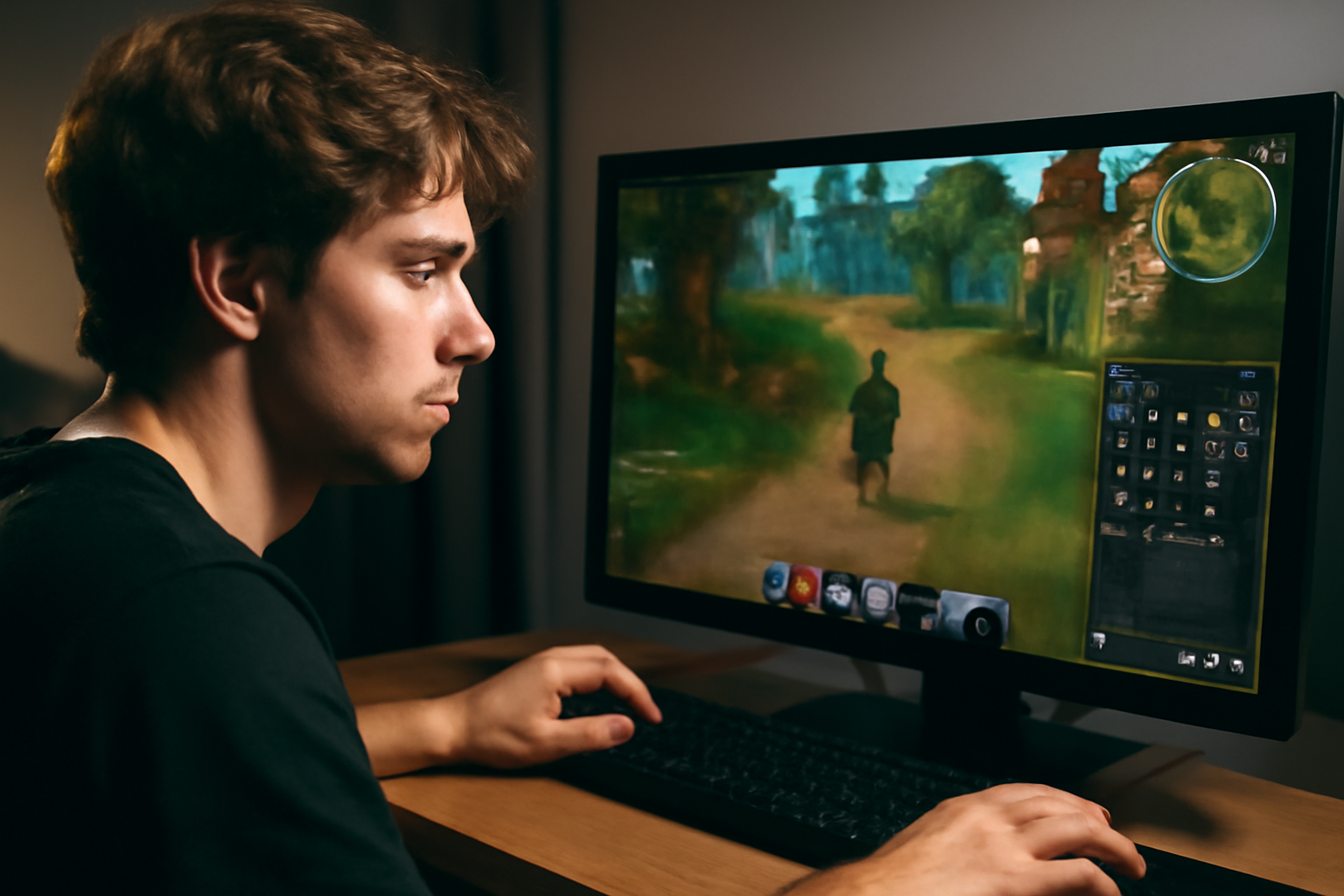
In RuneScape, players develop skills like Mining, Cooking, and Magic through repeated action and instant feedback. These mechanics are incredibly similar to those used in educational games, especially in the context of GimKit for formative assessment. Players are encouraged to keep going because every action moves them closer to mastery. That’s the same kind of loop that GimKit uses when students answer questions, earn power-ups, and get live feedback. (You can explore the main features of GimKit that drive this engagement.)
Progression in RuneScape is personalized. There’s no fixed path. Some players dive into combat, others focus on crafting or trading. This freedom to choose how to learn and grow mirrors the best parts of educational platforms, giving learners autonomy to pursue what interests them. (This is evident when exploring GimKit’s various game modes.)
Engagement Through Choice and Mastery
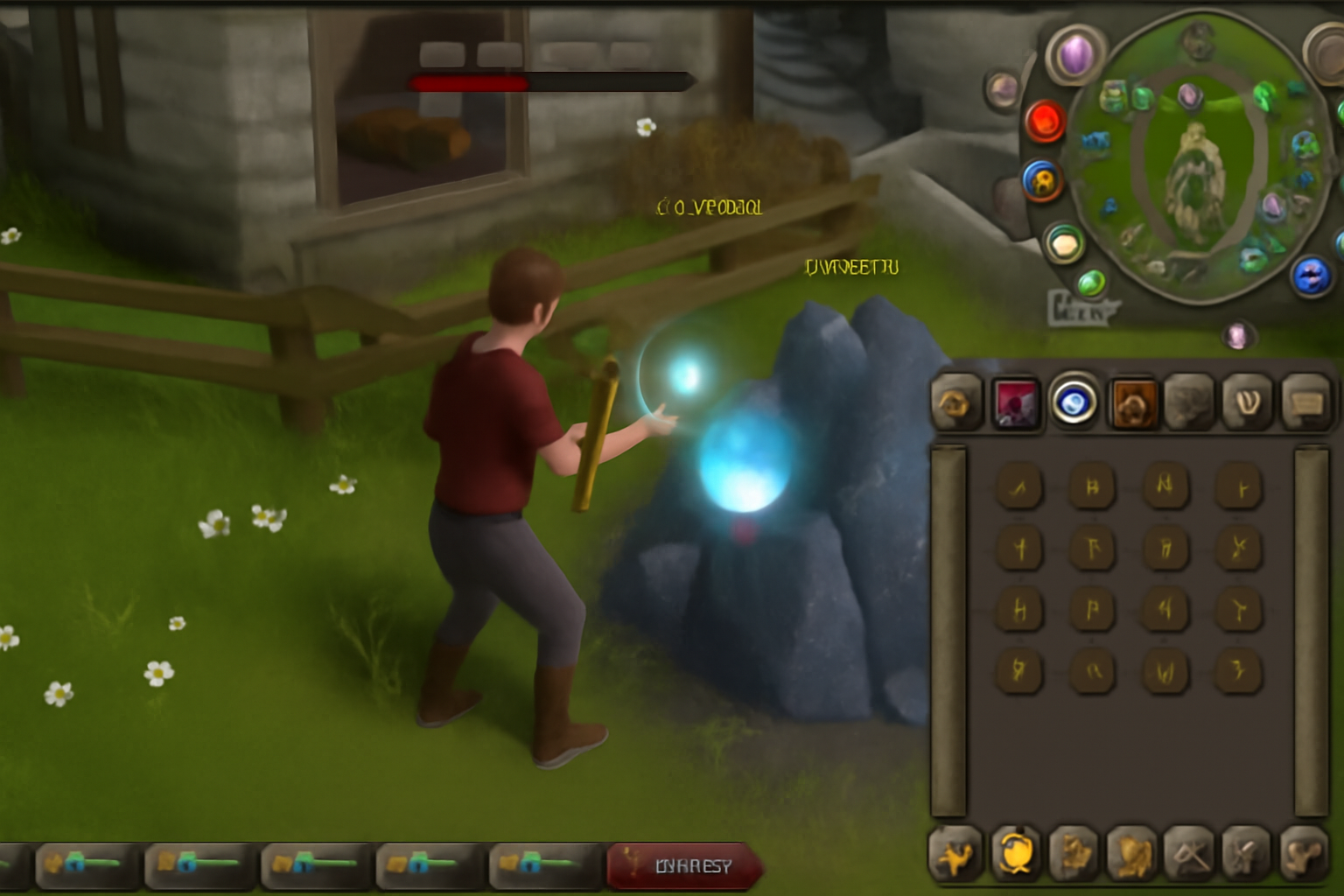 One of the reasons RuneScape remains popular is that it allows players to take control of their experience. You’re not just completing tasks for the sake of it. You’re working toward something meaningful – unlocking powerful weapons, building your fortune, or completing complex quests.
One of the reasons RuneScape remains popular is that it allows players to take control of their experience. You’re not just completing tasks for the sake of it. You’re working toward something meaningful – unlocking powerful weapons, building your fortune, or completing complex quests.
This philosophy is echoed in platforms like GimKit, where students can decide how to spend their in-game currency, choose upgrades, and learn through GimKit’s interactive features. The sense of ownership keeps learners engaged and willing to try again, even after failure.
Social Learning and Collaboration in RuneScape
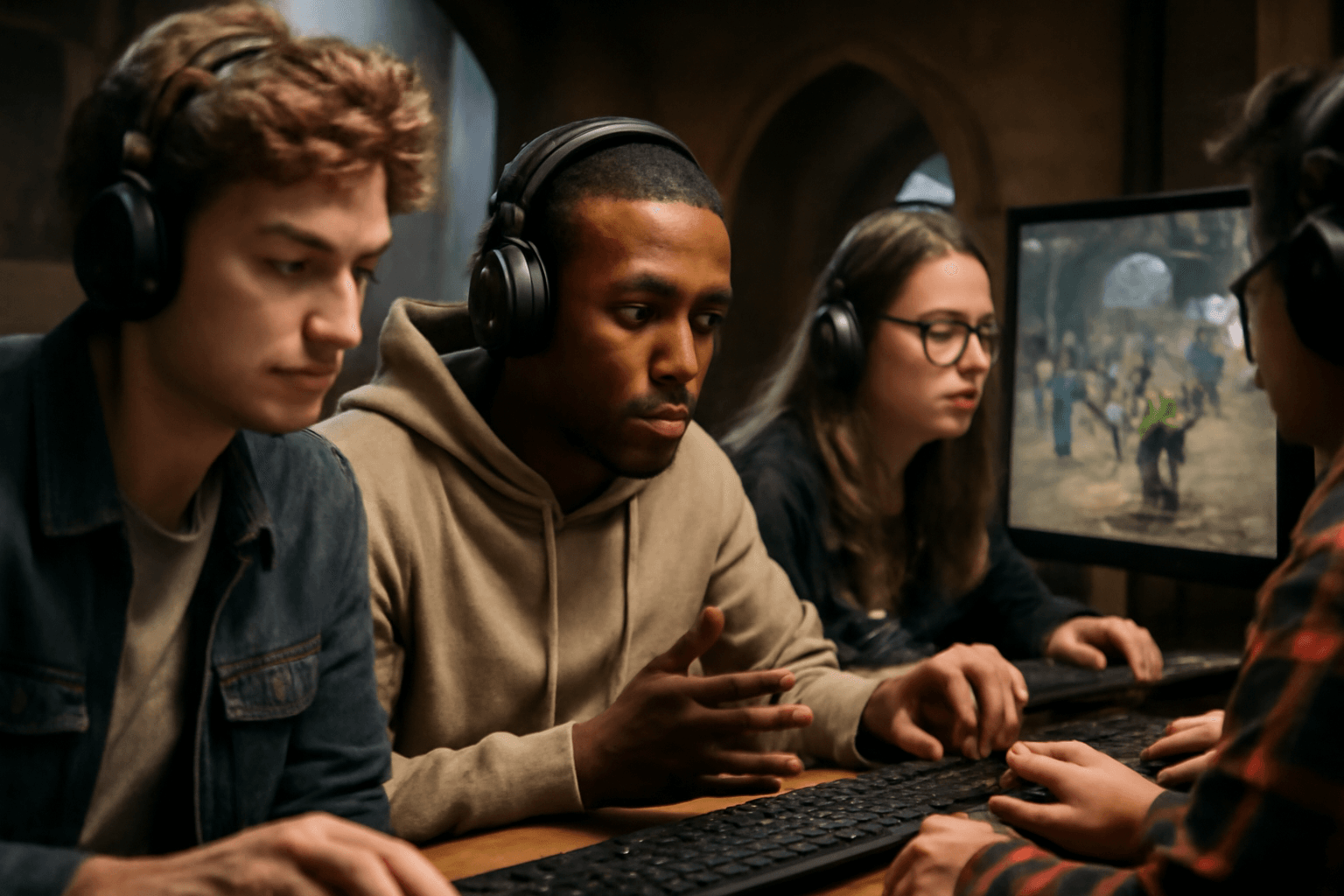 RuneScape is also social at its core. Players work together to complete group quests, share trade tips, or organize clan events. These social elements are not just fun – they create shared learning opportunities. In the same way, GimKit allows classrooms to turn into real-time collaborative environments, where peer learning happens naturally through team modes and competitive versus cooperative learning experiences.
RuneScape is also social at its core. Players work together to complete group quests, share trade tips, or organize clan events. These social elements are not just fun – they create shared learning opportunities. In the same way, GimKit allows classrooms to turn into real-time collaborative environments, where peer learning happens naturally through team modes and competitive versus cooperative learning experiences.
Bonus Worlds and RSPS Environments
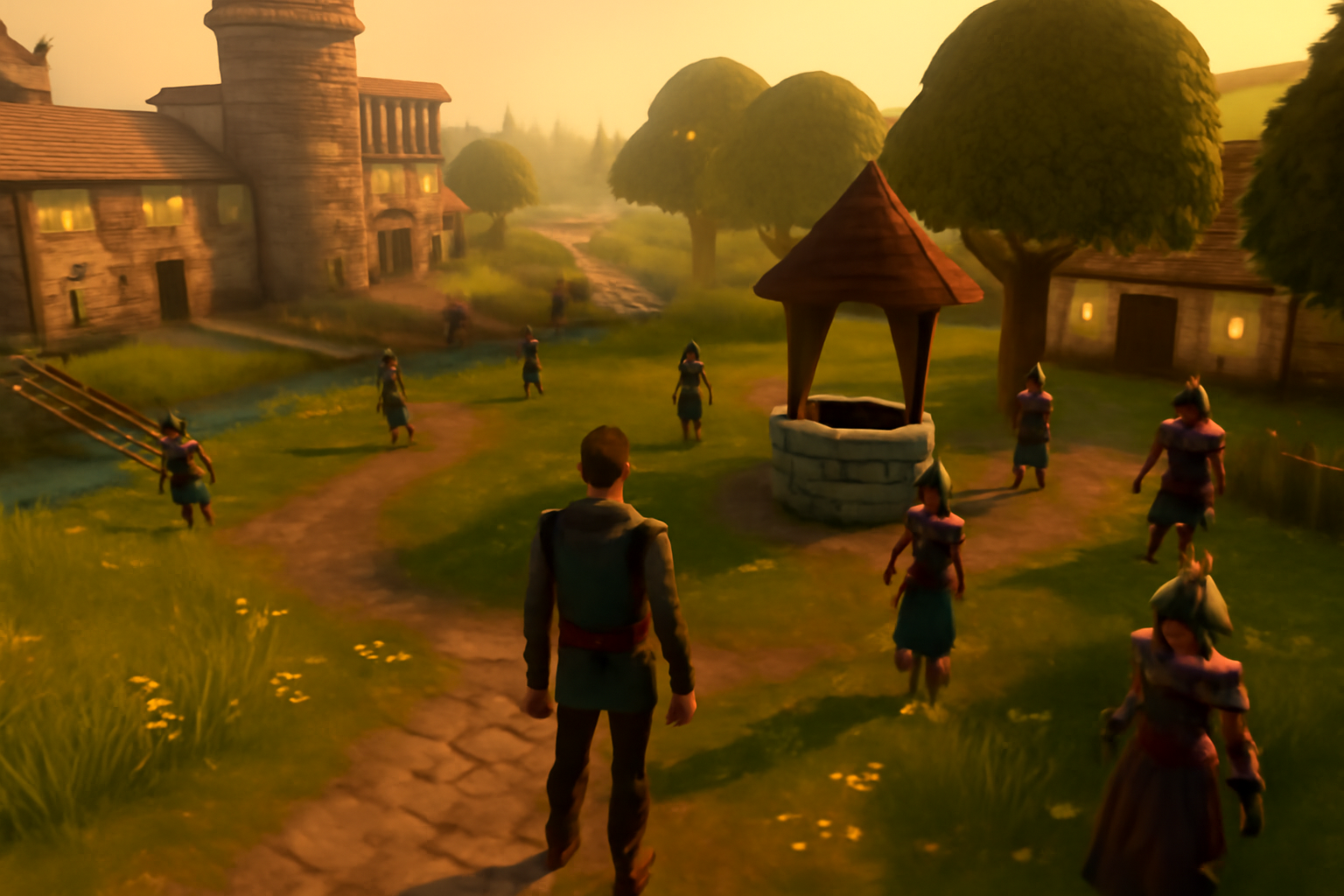 Some players explore RSPS (RuneScape Private Servers), which are custom versions of the game with modified rules and goals. These environments allow for creative experimentation and learning through trial-and-error – much like sandbox-style learning in modern classrooms, where educators use flexible tools to test what works best for their students.
Some players explore RSPS (RuneScape Private Servers), which are custom versions of the game with modified rules and goals. These environments allow for creative experimentation and learning through trial-and-error – much like sandbox-style learning in modern classrooms, where educators use flexible tools to test what works best for their students.
Why Educators Can Learn from RuneScape’s Success
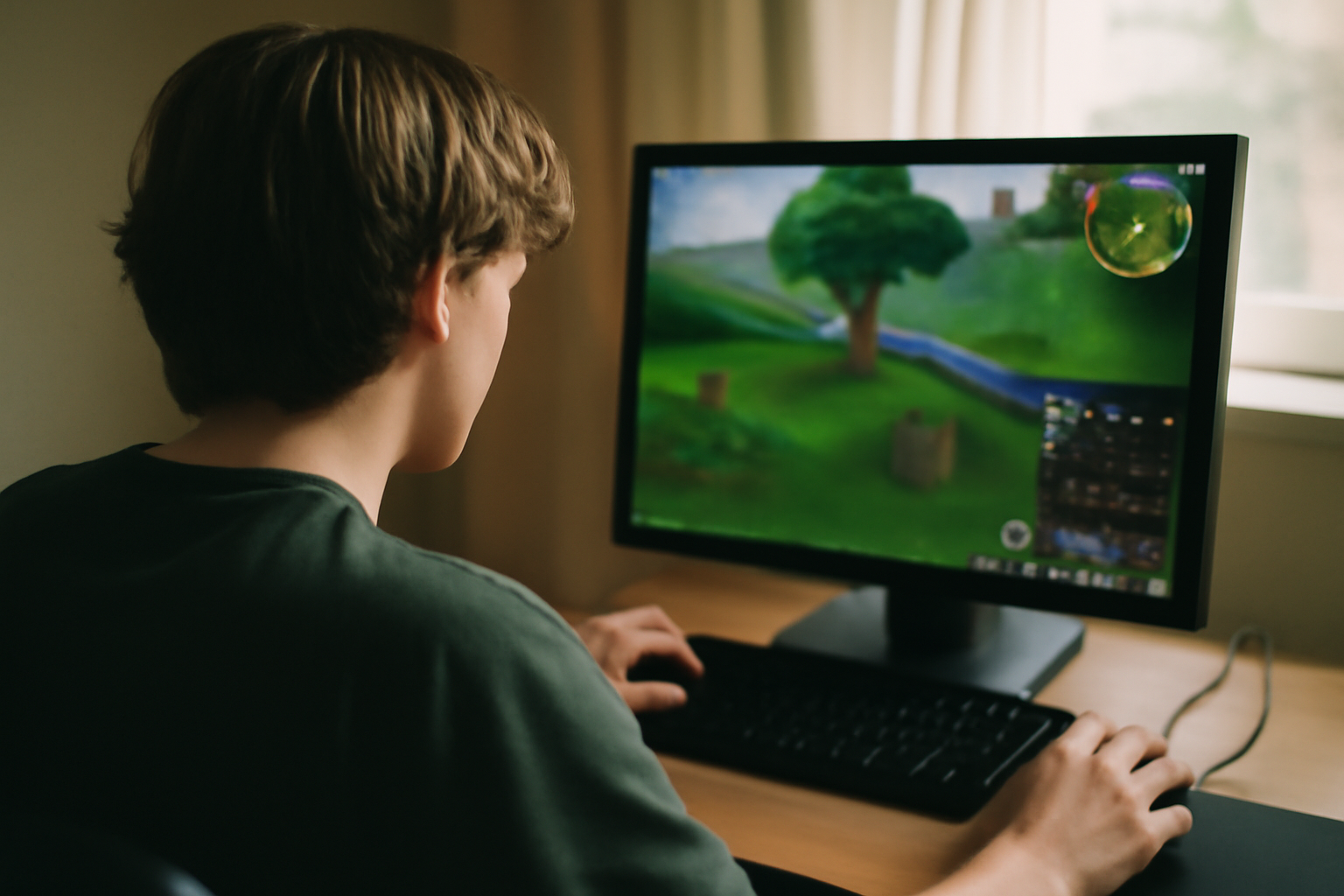 RuneScape wasn’t designed to teach math or science, but it does something just as important – it teaches players how to learn. The game builds resilience, planning, and problem-solving skills. Its long-term engagement is a result of allowing learners to make decisions, see the results of those decisions, and try again. This powerful lesson can inform all engagement strategies at school.
RuneScape wasn’t designed to teach math or science, but it does something just as important – it teaches players how to learn. The game builds resilience, planning, and problem-solving skills. Its long-term engagement is a result of allowing learners to make decisions, see the results of those decisions, and try again. This powerful lesson can inform all engagement strategies at school.
This is exactly what tools like GimKit aim to do. By turning education into a game, we don’t trivialize learning – we enhance it. RuneScape proves that when systems are well-designed, fun and learning don’t have to be opposites. In fact, they work best when combined.










